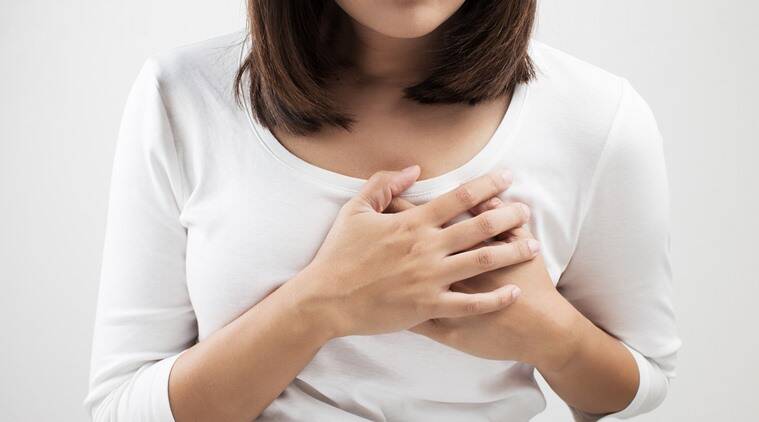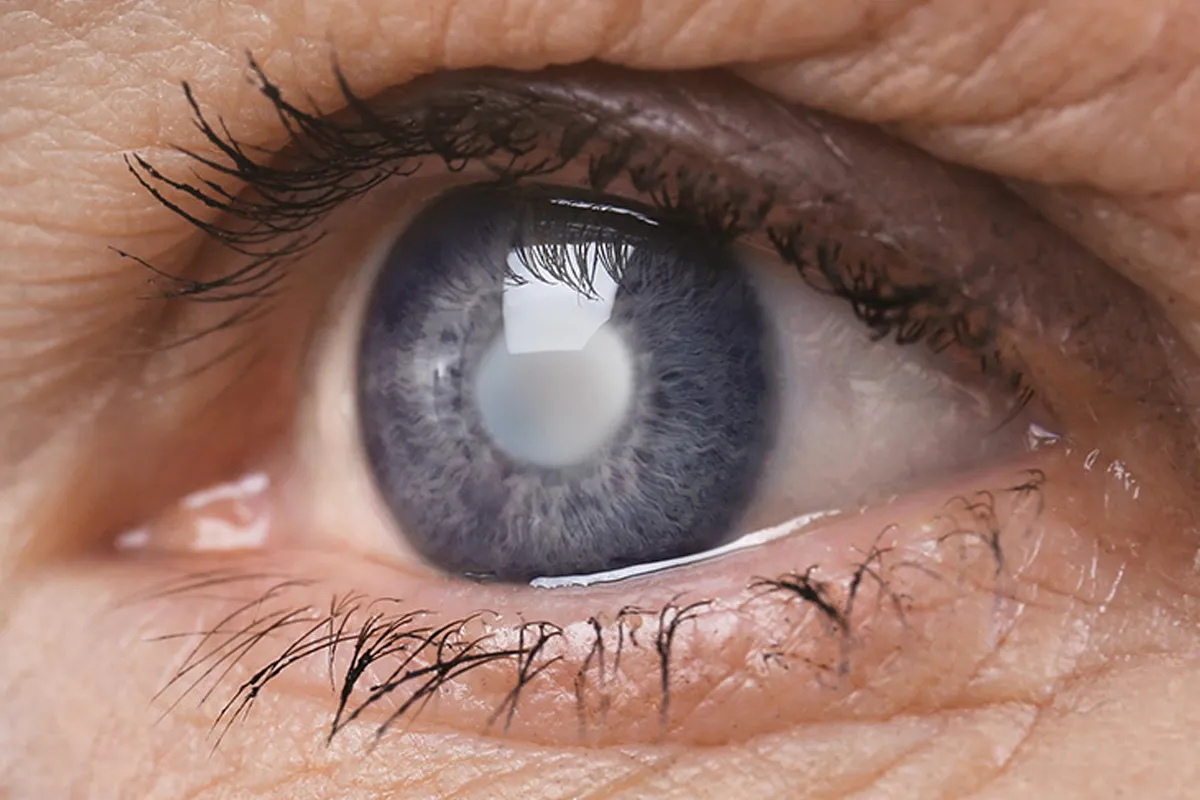Heart diseases are no longer a “men’s problem,” and women too are equally prone to it. According to a recent report published by the National Family Health Survey, it was found that the overall prevalence of undiagnosed hypertension in women of the age group 15–49 years is 18.69% in India, which busts the myth that heat conditions are most prevalent among men. Several other international studies have also indicated that heart ailments are now a leading cause of death among women, resulting in ten times more fatalities than breast cancer. Even though heart ailments are on the rise among women, lack of awareness has prevented many from getting timely treatment and diagnosis of the disease.
WHY ARE HEART DISEASES GOING UNDETECTED IN WOMEN?
While ensuring the wellbeing of their loved ones, women in India tend to ignore their own needs and often neglect their health. For example, if a woman has mild chest pain, she would rather ignore the symptoms and focus on work and household chores than see a doctor. As the symptoms of a heart attack are different in men and women, many women often don’t know if they have already suffered one or two heart attacks in the past until they eventually visit a doctor. The symptoms in women can range from jaw pain to fatigue to pain in the neck and back to sweating or just heartburn, indicating the need for them to undergo regular health check-ups and take proactive measures to ensure overall well-being.
WHICH AGE GROUP IS MOST SUSCEPTIBLE TO HEART ATTACKS?
Women in the age group of 45–55 years are at a high risk of experiencing a heart attack due to low levels of estrogen postmenopause, work and family-related stress, loneliness, and a lack of physical activity. More women in this age group may go undiagnosed and have atypical symptoms compared to men. The second most affected age group is 60 years of age, where the biological deterioration makes both men and women more susceptible to heart attacks. High cholesterol, high blood pressure, obesity, smoking, a sedentary lifestyle, and diabetes are also some of the main concerns that make women more prone to cardiovascular diseases.
HOW CAN WOMEN KEEP HEART ATTACKS AT BAY?
There are several steps that women can take to prevent heart ailments, such as:
1. Educate yourself and increase your awareness about the risk factors that can lead to blockages.
2. Avoid smoking or use of tobacco.
3. Engage in physical activities like yoga, dancing, running, and walking for 30-45 minutes every day to maintain heart health and overcome obesity.
4. Avoid junk food, aerated drinks, and adopt a balanced diet. Healthy heart diets that include complex carbohydrates, legumes, fruits, vegetables, and less sugar, salt and fat can have a positive impact on heart health. Lastly, it is important to note that gender has nothing to do with heart attacks, and the condition affects both men and women equally. However, adopting a healthy lifestyle can help you in getting good health.
Dr. Pradeep Kumar D works as a Sr. Consultant of Interventional Cardiology at Aster CMI Hospital in Bangalore.























